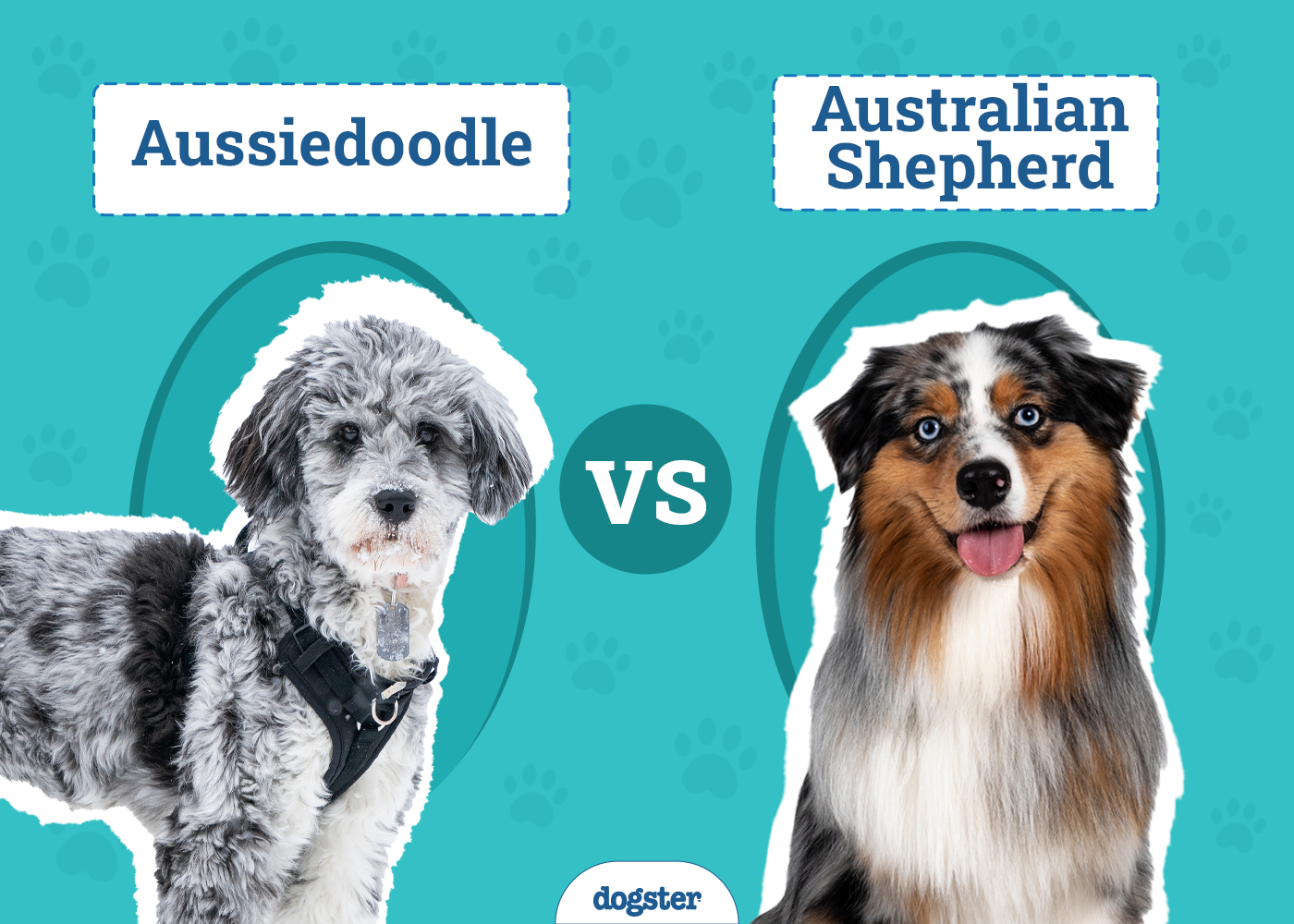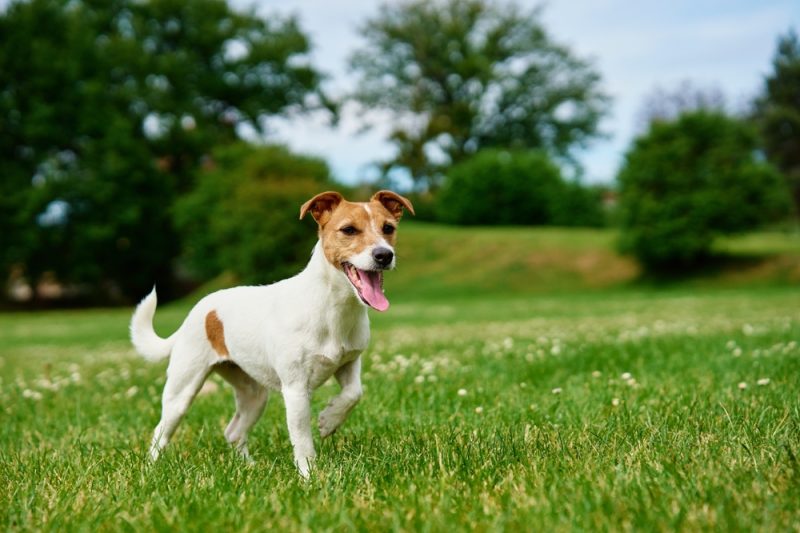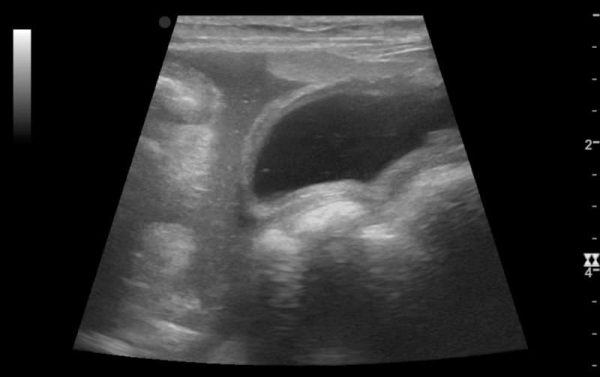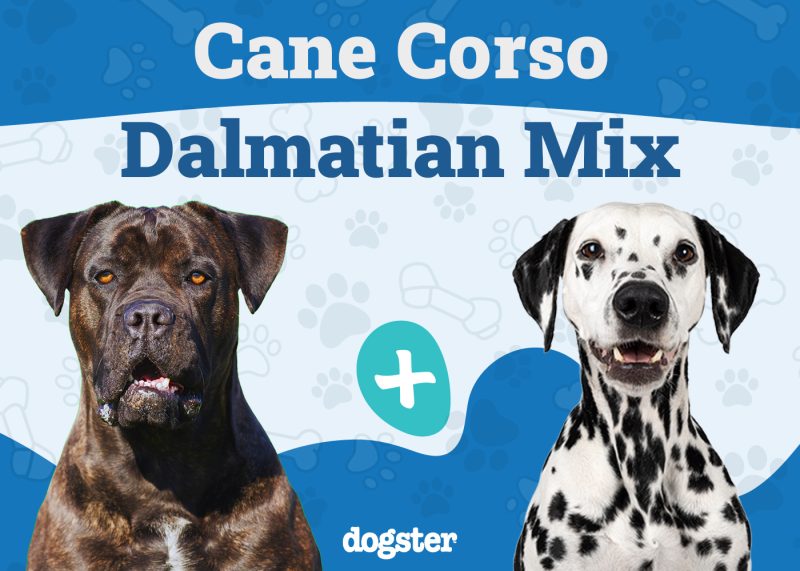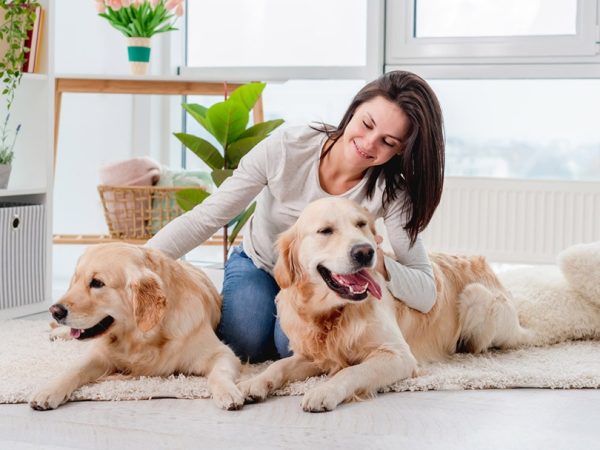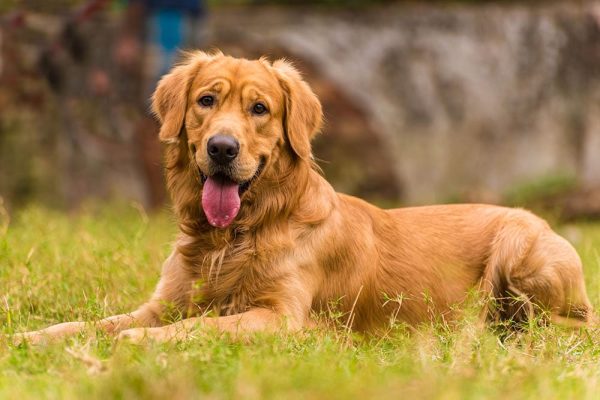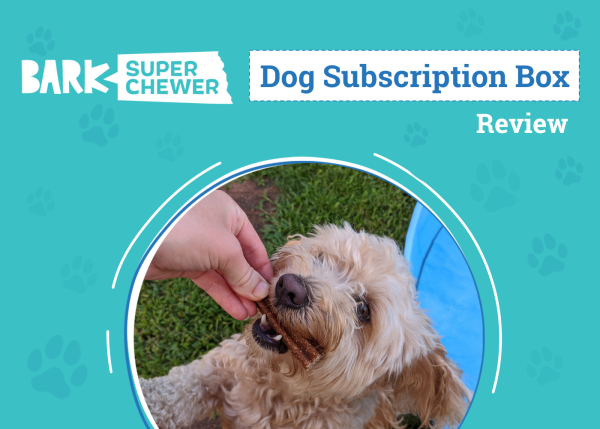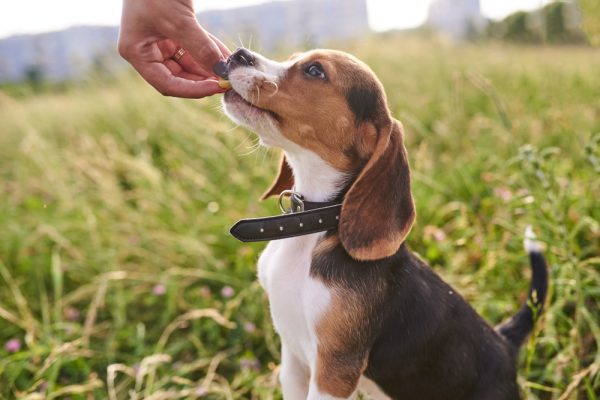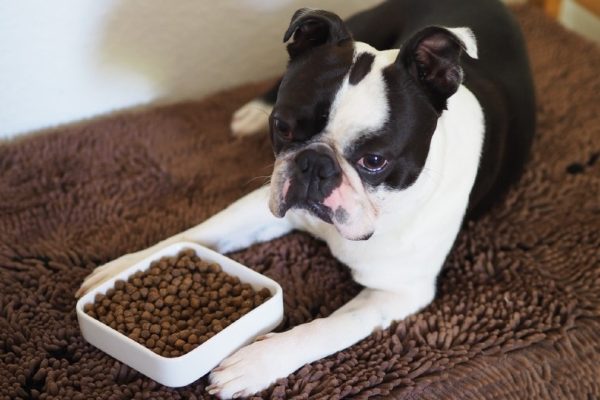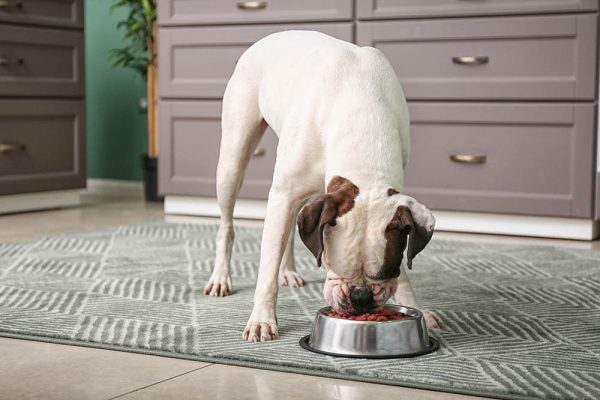In this article
View 3 More +Deciding what breed to choose when you’re looking for a new dog is a challenge; after all, there are a plethora of different ones you can pick from! But if you’re looking for a working dog that also makes a great family pet, you should consider the Aussiedoodle or the Australian Shepherd. Both are quite similar, and both make excellent pets for the right person or family.
Each of these dogs is intelligent, protective, and loyal, as well as incredibly energetic. You’ll need to ensure that you keep these pups busy if you adopt one, but you’ll have loads of fun with either breed. The two dogs have a few minute differences, though, mostly in looks.
If you’re ready to decide between getting an Aussiedoodle or an Australian Shepherd as the newest member of your family, keep reading to find out more about these dogs!

Visual Differences
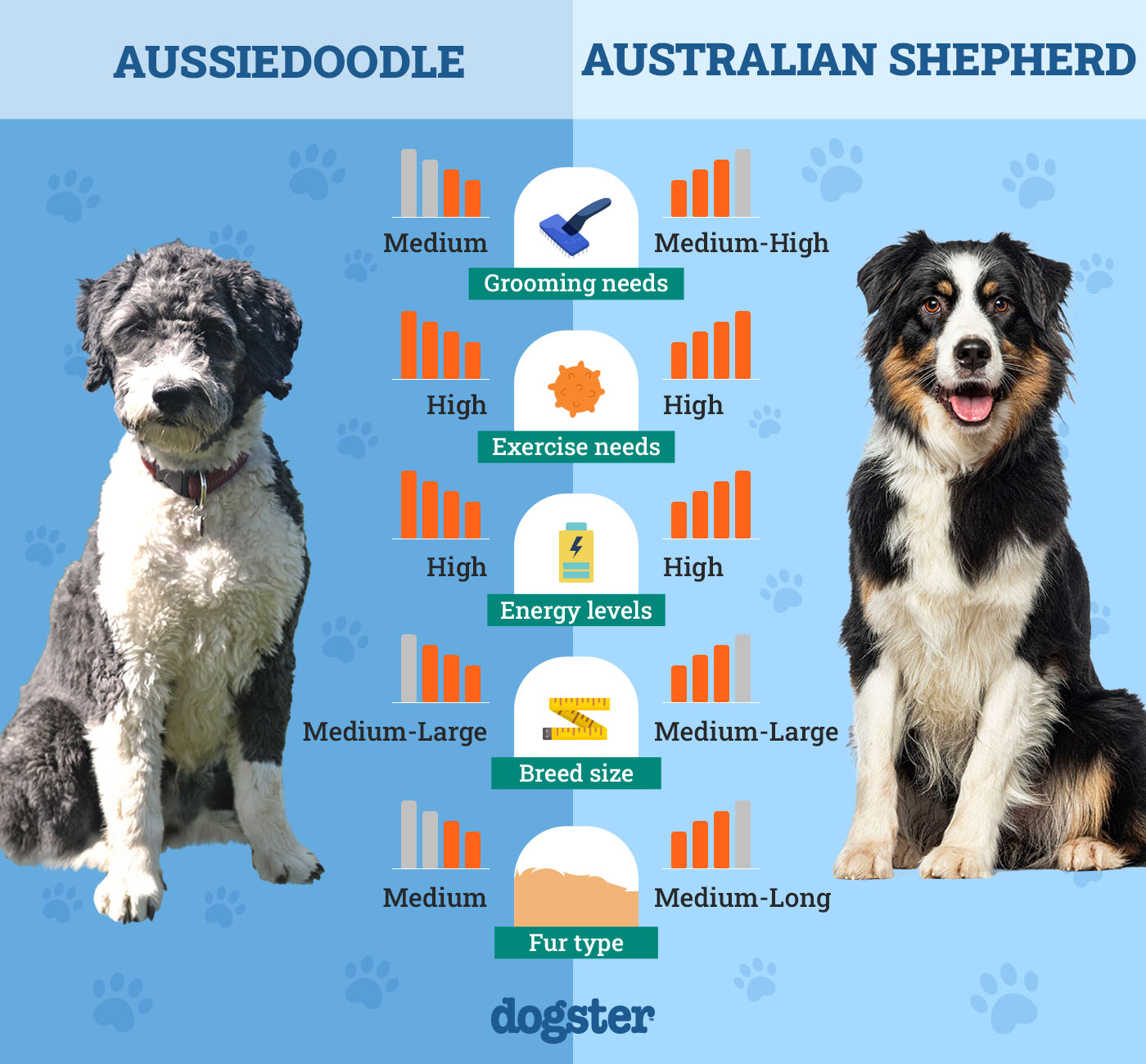
At a Glance
- Average height (adult): 14–23 inches
- Average weight (adult): 25–70 pounds
- Lifespan: 10–12 years
- Exercise: 1+ hours a day
- Grooming needs: Moderate
- Family-friendly: Active families, families with older children
- Other pet-friendly: Yes
- Trainability: Intelligent, eager to please, energetic
- Average height (adult): 18–23 inches
- Average weight (adult): 35–70 pounds
- Lifespan: 13–15 years
- Exercise: 1+ hours a day
- Grooming needs: Moderate
- Family-friendly: Families with older children, active families
- Other pet-friendly: Yes
- Trainability: Intelligent, loyal, loves learning new things

Aussiedoodle Overview
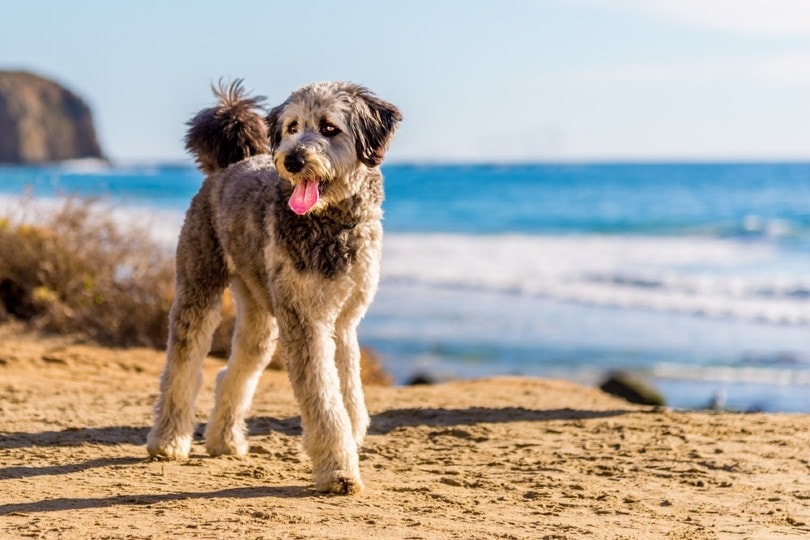
The Aussiedoodle is a designer dog offspring of two purebreds—specifically, the Poodle and the Australian Shepherd—and came about in North America in the late 1990s and early 2000s. The breed is medium-sized and known for being adorable, cuddly, and highly intelligent (due to their Poodle heritage). Since the breed is designer and relatively new, they’re not recognized by the AKC.
The Aussiedoodle has a few names, so you might have also heard the breed referred to as Aussiepoos or Aussiepoodles.
Personality / Character
As a hybrid breed, the Aussiedoodle gets traits from both of their parents. This makes them incredibly intelligent, affectionate, and loyal. Aussiedoodles love interacting with people, especially their people, and need lots of attention. They can definitely get a bit clingy! But if you’re looking for a highly loving pup that will be your best friend, the Aussiedoodle could be for you.
Aussiedoodles are also a bit of a clown, with many owners describing the breed as goofy and fun; they also have tons of energy. This combination means you and your furry pal will have many adventures as you take long walks, go hiking, or play in the backyard. There will be endless fun with this pup!
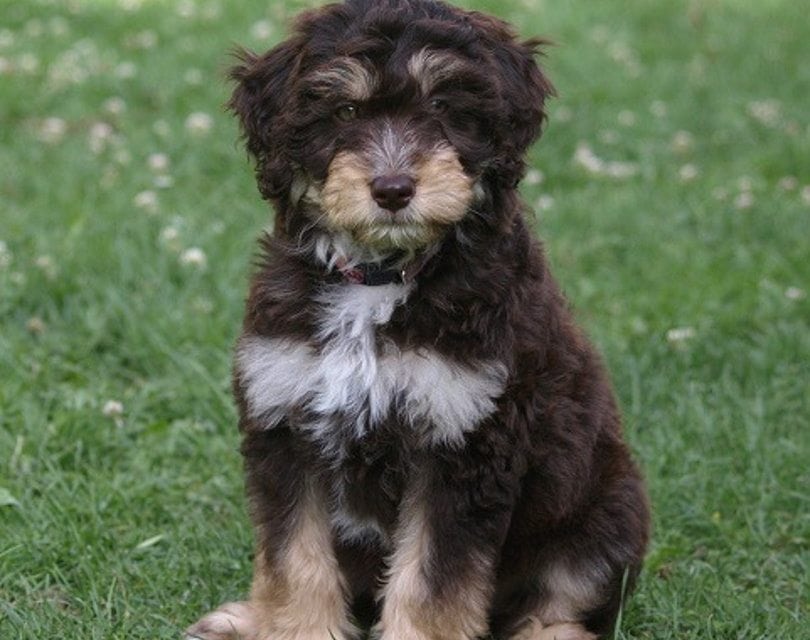
Training
When it comes to training your Aussiedoodle, you shouldn’t have any problems. Sincethe breed is so smart and eager to please, they pick up new things quickly. Just remember to use positive reinforcement, such as treats, rather than negative reinforcement, such as yelling. Your Aussiedoodle will respond much better to the former. Also, remember to keep any training sessions short and sweet so you don’t overwhelm your puppy.
If you think you might be unable to train your Aussiedoodle correctly, find a reputable trainer to help you with the job. They can teach your dog everything they need to know.
Health & Care
Aussiedoodles are a generally hardy breed, but like all animals, they will have certain diseases they are a bit more prone to getting. Some come from their Poodle side, while others come from their Australian Shepherd side. Here are a few that might occur in the breed.
- Cushing’s disease
- Cataracts
- Pancreatitis
- Hip dysplasia
- Progressive retinal atrophy
- Sebaceous adenitis
- Drug sensitivity
Suitable For:
Aussiedoodles can inherit the Australian Shepherd’s herding instinct, which is strong. In fact, it’s so strong that the dog might try to herd small children. While this is not inherently dangerous, if the children run away from the herding, it could cause the dog to snap at them or growl to try to get them back in line. That’s why the Aussiedoodle isn’t recommended for families with small kids. Those with older children should be more than fine, as Aussiedoodles love to play with kids. This breed is also excellent for those with active lifestyles, as the dogs will need help getting rid of all that excess energy.

Australian Shepherd Overview
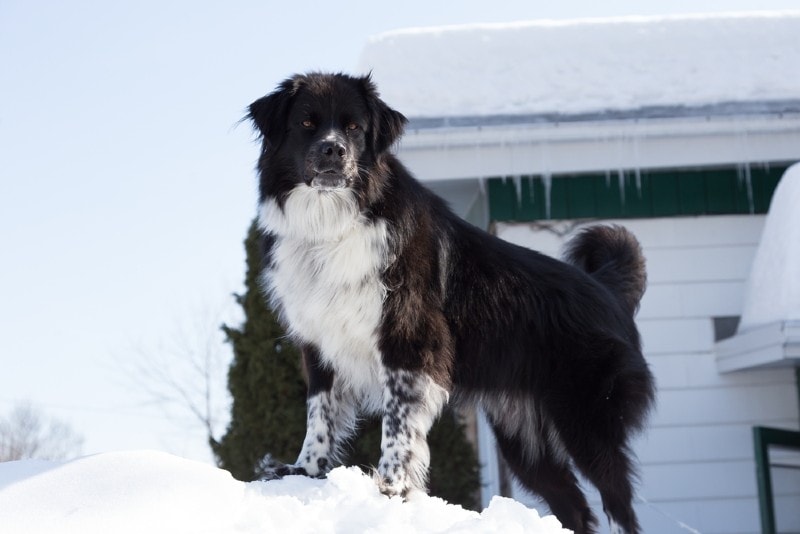
The Australian Shepherd has a fascinating history that includes Spain, Australia, and rodeos. They’re a pure American breed, despite their history involving other countries. This working dog was originally bred to herd sheep, and those herding instincts remain to this day. That means they’ll herd anything from tiny children to smaller pets.
The breed rose to popularity in the 1950s and 1960s when they worked at rodeos, helping herd bulls and performing tricks. Some people wanted to help promote the breed after that, so the Australian Shepherd Club of America was formed in 1957. The breed wasn’t recognized by the AKC until 1991, though.
Personality / Character
This breed is also brilliant and eager to please their people. They can also be territorial and protective over their families and home. Australian Shepherds are loving, though, and have a tendency to get along with nearly everyone they meet.
Australian Shepherds are also exceptionally high energy, so you’ll need to devote plenty of time to exercise and play. Whether you’re tossing a Frisbee in the backyard or hiking a mountain, they’ll be thrilled to come along. Another excellent way to keep these dogs busy and happy is by teaching them to do chores around the home!
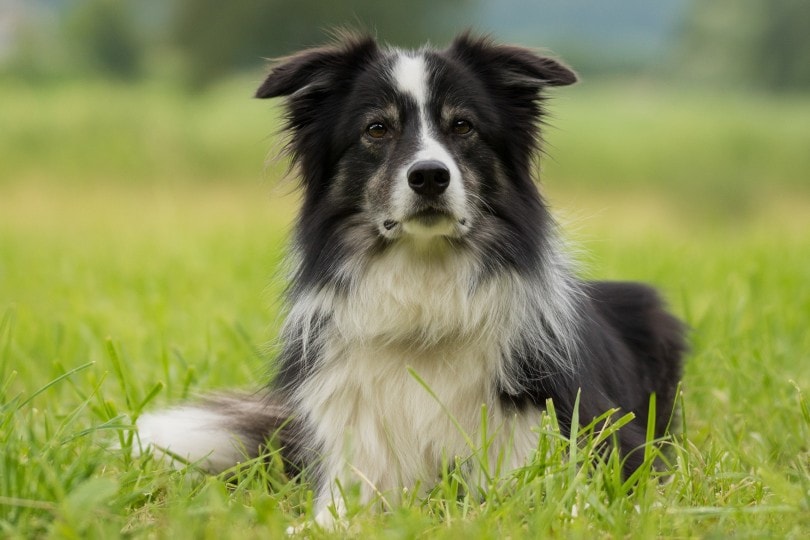
Training
Training an Australian Shepherd will be much like training an Aussiedoodle (after all, part of the Aussiedoodle’s parentage is the Australian Shepherd). Australian Shepherds are wickedly intelligent and loyal and love doing what their people want. This makes them easy to train.
As with the Aussiedoodle, you’ll want to choose positive reinforcement over negative reinforcement since the breed will respond better. You’ll also want to stick to short training sessions so as not to overwhelm your pup with learning. If you aren’t positive you can get the job done, find a reputable trainer to help you!
Health & Care
Like the Aussiedoodle, the Australian Shepherd is a healthy breed, but there are a few problems they are more likely to have to deal with. These include:
- Epilepsy
- Lymphoma
- Allergies
- Thyroiditis
- Hip dysplasia
- Colobamas
- Multiple drug sensitivity
Suitable For:
The Australian Shepherd is suitable for the same types of homes as the Aussiedoodle. Due to the breed’s herding instincts, homes with little children aren’t advised, as the dogs might try to herd them. But homes with older children will enjoy having a new playmate around. Singles or families who are active and always out having new adventures will love having an Australian Shepherd along for the ride.
This dog is definitely one that needs a family that will keep them active and mentally stimulated so they don’t become bored and destructive.

Which Breed Is Right for You?
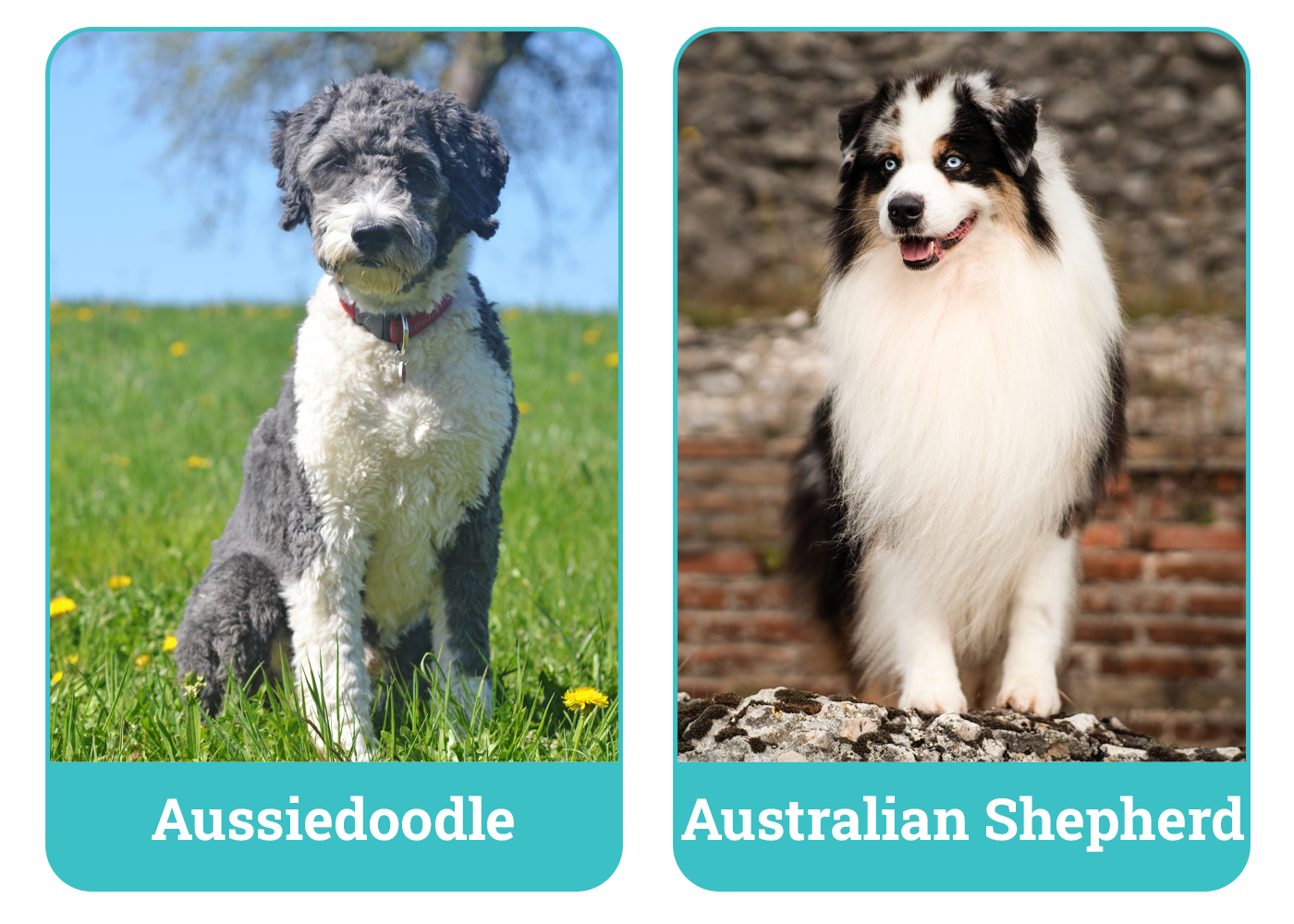
As you can see, the Aussiedoodle and the Australian Shepherd are quite similar since the Aussiedoodle has Australian Shepherd in their heritage. The most significant difference in the breeds will be in how they look and perhaps, how they act (since the Aussiedoodle also has Poodle parentage). Overall, though, you’ll find these breeds to be very much alike.
That means if you’re looking for an intelligent, active, high-energy, loving pup, either of these breeds will be an amazing choice. Just remember you will need to spend lots of time with these dogs, as they’re quite active. Both breeds will also be cuddly and interested in being attached at the hip with you.
So, the choice really lies in personal preference: Which breed do you like the look of more? Regardless of the dog you choose, you’ll have a new best pal for life!
See also:
Featured Image Credit: Top – Holly Anne Cromer, Shutterstock | Bottom – xkunclova, Shutterstock
